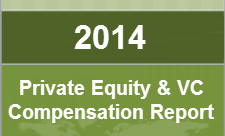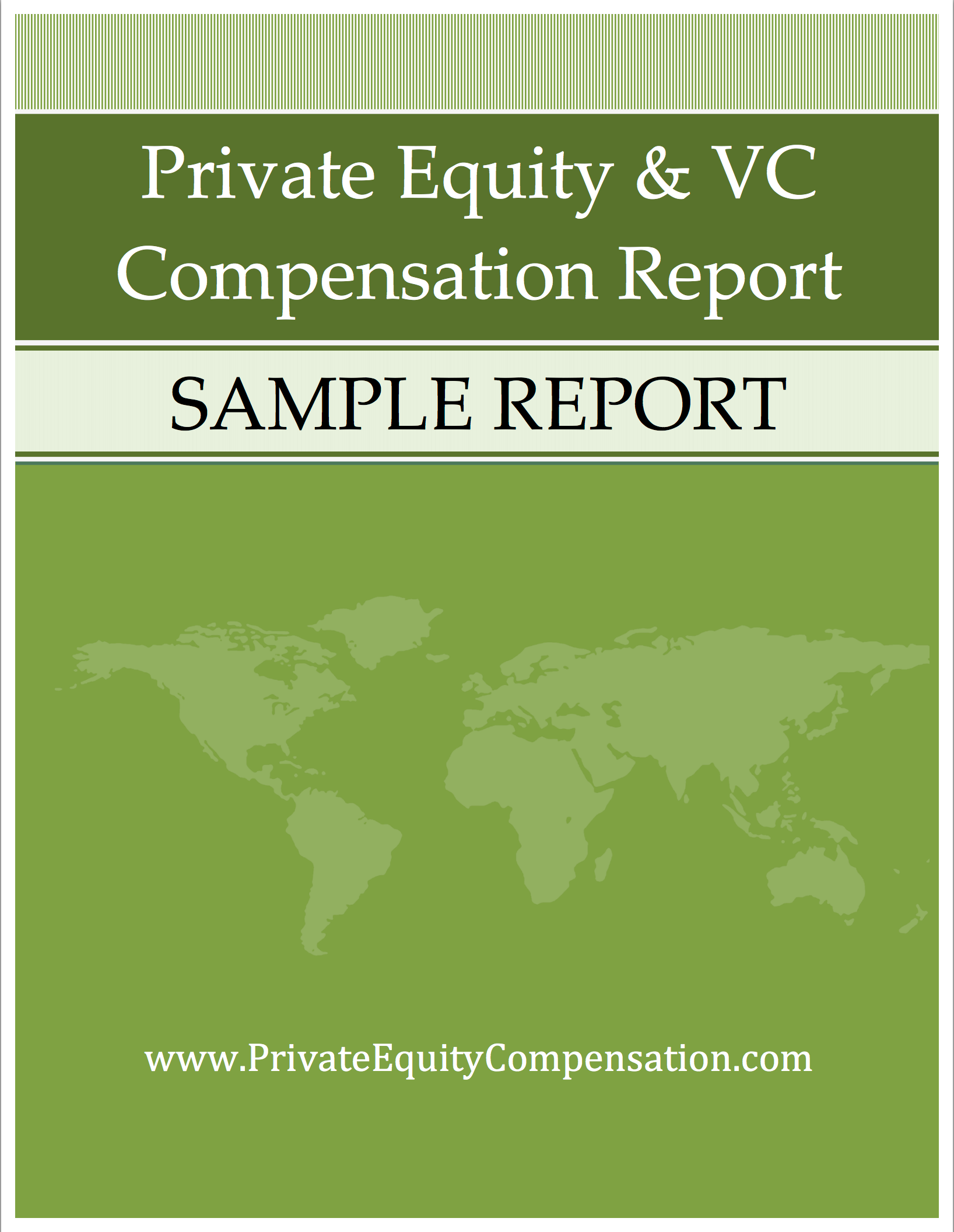The seventh annual Private Equity and Venture Capital Compensation Report, released by the consulting firm Benchmark Compensation, indicates compensation growth in the private equity and venture capital markets is slowing.
Although private equity professionals in certain roles reported increases in compensation this year, overall, the growth in cash compensation flattened from last year’s numbers. The average private equity professional worked more than 60 hours per week and earned $271,000 USD in cash compensation this year.
 When it came to compensation changes by job title, some positions outperformed others, with Managing Partners, Principals, Directors and Investment Managers seeing some of the biggest increases. In the junior ranks of the firm, analysts, senior analysts, associates and senior associates all saw fairly modest gains.
When it came to compensation changes by job title, some positions outperformed others, with Managing Partners, Principals, Directors and Investment Managers seeing some of the biggest increases. In the junior ranks of the firm, analysts, senior analysts, associates and senior associates all saw fairly modest gains.
“We were closely watching cash compensation trends in 2013 because we anticipated that the carried interest tax break was in jeopardy,” said David Kochanek, Publisher of PrivateEquityCompensation.com. “It looks like carry will live to fight another day, so we don’t think we will see any major shifts in how private equity and venture capital compensation is structured in the near term.”
Due to the correlation with position within the firm, work experience remains a leading factor in carried interest allocations. At the 6 to 9 years of experience range, the percentage of professionals participating in carry increases significantly. After 10 years in the workforce, however, the participation percentage is relatively flat.
On average, bonuses comprised 39 percent of this year’s cash compensation total and contributed more than 70 percent of cash earnings for those taking home more than $1 million.
In most cases, cash compensation increased along with the size of the fund. Those in analyst positions saw the biggest difference in cash compensation between small and large funds. Analysts at big funds, on average, earned nearly double that of their peers in smaller funds. “Although somewhat higher base salaries were in place for the analysts at larger funds, this differential was mostly bonus dependent,” said Kochanek.
About The Report
The 2014 Private Equity Compensation Report is based on an industry survey conducted in October and November 2013. Data was collected directly from hundreds of private equity and venture capital partners and employees. The full report can be purchased at http://www.PrivateEquityCompensation.com
The Report has grown to be the most comprehensive benchmark for private equity and venture capital compensation practices. Some of the participating firms over the years include: Actis, American Capital, Bain Capital, Battery Ventures, BlackRock, Carlyle, Century Capital Management, Cerberus, Comcast Ventures, DuPont Capital Management, EdgeStone Capital Partners, GE, Guggenheim Partners, Highland Capital Partners, Hilco Consumer Capital, Intel Capital, Mission Ventures, Mohr Davidow Ventures, North Atlantic Capital, RBC Capital Partners, RBS, Safeguard Scientifics, SV Life Sciences, Siemens Venture Capital, Venrock, Warburg Pincus, and Wellington Partners.

